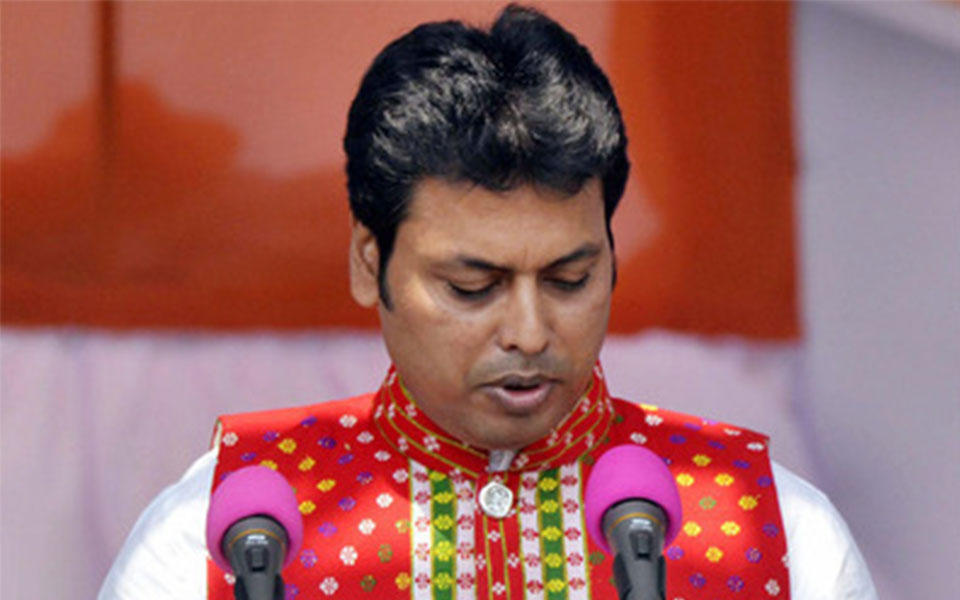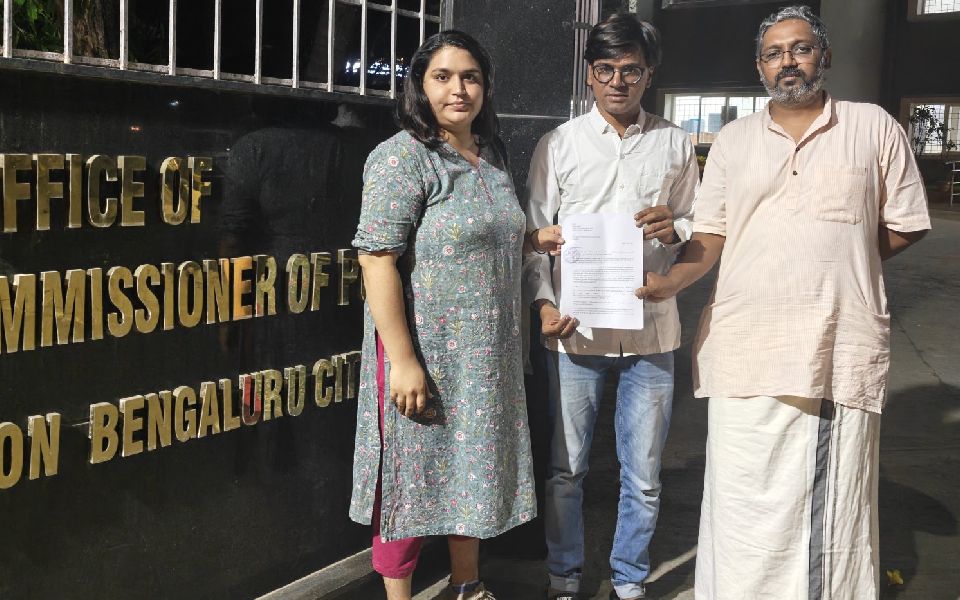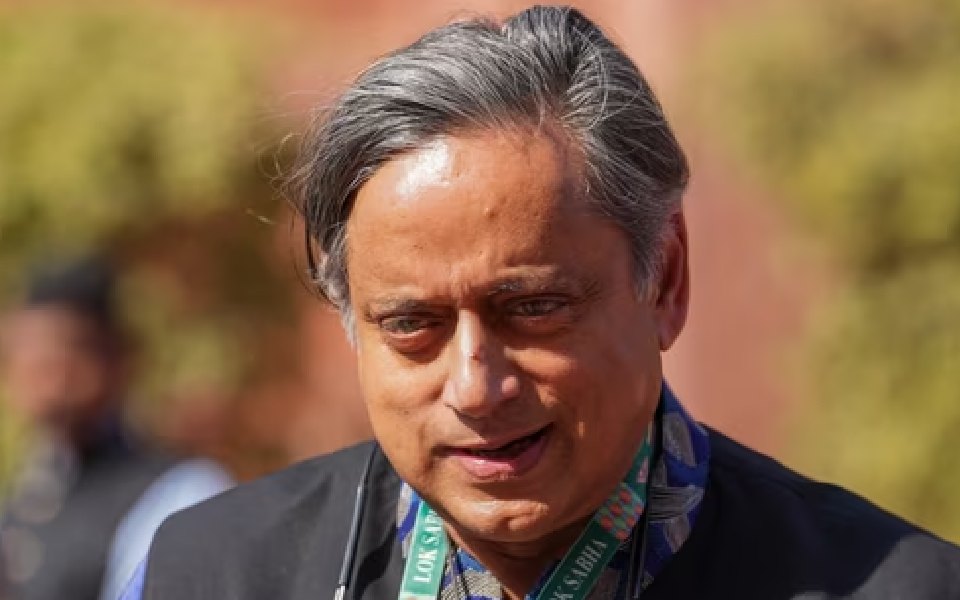Agartala, June 29: Tripura Chief Minister Biplab Kumar Deb on Friday said that the police and civil administration would take stern action against those who take the law into their own hands.
The Chief Minister's warning came after three people including a vagabond woman and a vendor from Uttar Pradesh were lynched by mobs in different incidents in Tripura on Thursday.
Deb, who is also holding the home portfolio, while talking to the media said that police and other security forces were fully alert and ready to deal with the situation and adequate arrangements have been made to maintain law and order.
"Nobody would be allowed to take law in their hands and strict action would be taken against those who indulge in violence and attack innocent people," the Chief Minister said before leaving for Manipur capital Imphal where he would attend a party meeting to be chaired by Bharatiya Janata Party (BJP) President Amit Shah.
Blaming the opposition CPI-M (Communist Party of India-Marxist) "for creating troubles and disturbing peace in Tripura", the Chief Minister said that police would not see the political affiliation while taking action against the law breakers.
A vendor from Uttar Pradesh was lynched and four others, including a policeman, were seriously injured when a group of persons mistook them to be child lifters.
The incident took place in the tribal-dominated Murabari village in western Tripura when three small-time vendors belonging to Uttar Pradesh and Bihar went there to sell garments in a vehicle.
In another incident, a youth was hacked to death and two government employees seriously injured when a group of persons attacked them at Manu Bazar in southern Tripura, 130 km south of the state capital.
Sukanta Chakraborty, 36, accompanied by two government employees, was attacked when he was appealing to the public on behalf of the administration not to heed rumours.
In the third incident, a vagabond woman was hacked to death by a group of people at Bishalgarh in western Tripura mistaking her to be a child trafficker.
The West Tripura district administration on Thursday imposed prohibitory orders under Sec 144 in the tense areas under Mohanpur sub-division.
The ban on social media and mobile Internet continued for the second day on Friday to prevent the spread of rumours in the state.
Let the Truth be known. If you read VB and like VB, please be a VB Supporter and Help us deliver the Truth to one and all.
New Delhi, May 12 (PTI): The BCCI on Monday decided to resume the IPL season across six venues from May 17 with the final slated for June 3 as per the revised schedule.
The IPL was halted on May 8 after the match between Punjab Kings and Delhi Capitals was called off after Pakistan tried to invade Indian air space near Chandigarh, forcing a blackout in the stadium.
"BCCI is pleased to announce the resumption of the TATA IPL 2025. After extensive consultations with government and security agencies, and with all the key stakeholders, the Board has decided to proceed with the remainder of the season," the board said in a statement.
The six venues for league matches as per the revised schedule will be: Bengaluru, Jaipur, Delhi, Lucknow, Ahmedabad and Mumbai.
The venues for the playoff matches will be announced at a later date.
A total of 17 matches will be played across six venues and the revised schedule includes two double-headers, which will be played on two Sundays.
🗓️ #TATAIPL 2025 action is all set to resume on 17th May 🙌
— IndianPremierLeague (@IPL) May 12, 2025
The remaining League-Stage matches will be played across 6⃣ venues 🏟️
The highly anticipated Final will take place on 3rd June 🏆
Details 🔽https://t.co/MEaJlP40Um pic.twitter.com/c1Fb1ZSGr2





